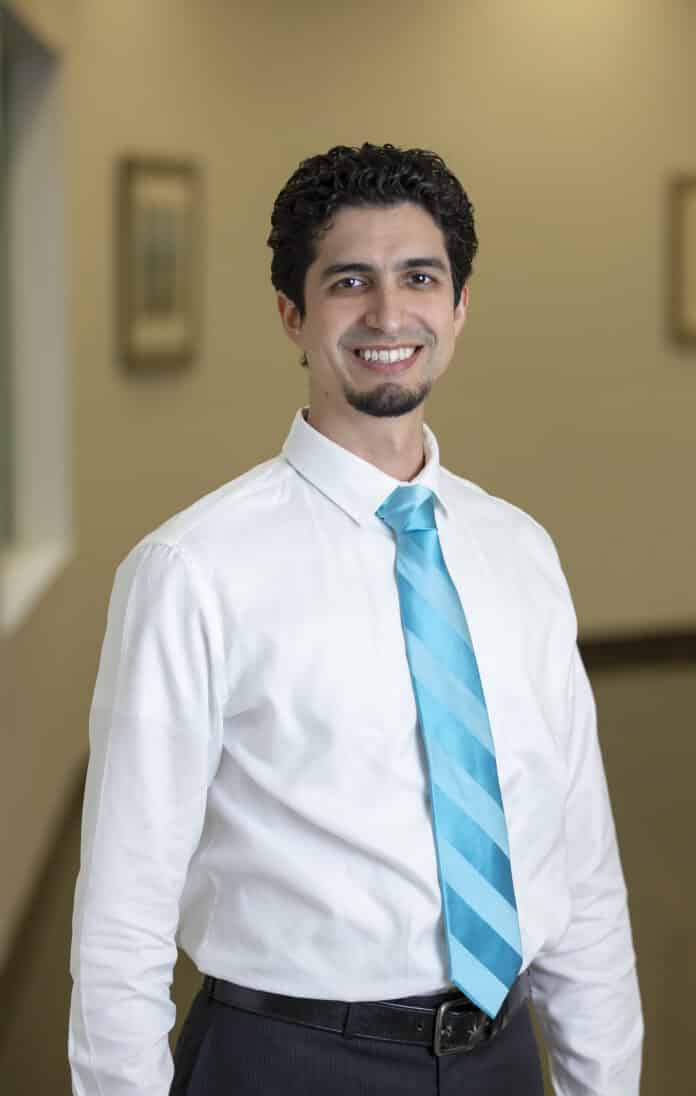
By: Nathan Dunn, PT, DPT, DHR Health Rehabilitation Hospital
As the leading cause of long-term disability in the US, stroke continues to pose major difficulties for those who have experienced a stroke and their families alike. Every 40 seconds, someone in the US has a stroke, and yearly stroke related costs are thought to be approximately 46 billion dollars.
Strokes come in varying levels of severity and affect each individual uniquely. After having a stroke, a patient may experience difficulty walking, talking, eating, bathing, dressing or other routine tasks. Displaying these symptoms may signal that a more serious type of stroke has occurred and that there is a need for continued rehabilitation care. At the hospital, a physician may consult the team of physical, occupational, and speech therapists to assess for these deficits and provide recommendations for appropriate placement for the patient as they transition into the next phase of their recovery. Once medically stabilized and the need for continued rehabilitation is established, a patient and their family may ask “What options do I have for rehab?”
Depending on the level of care needed, the physician may recommend rehabilitation at an outpatient therapy clinic, a skilled nurse facility or an acute inpatient rehabilitation hospital. Generally, patients that require more intensive rehabilitation and have potential for substantial functional improvements are better suited for recovery at an acute inpatient rehab. Acute inpatient rehab facilities are uniquely staffed with a number of trained experts including physiatrists, who are physicians that specialize in rehabilitation, rehab trained nurses, physical therapists, occupational therapists, speech-language pathologists, case managers, social workers, and behavioral counselors. Inpatient rehab facilities work to get patients back to their prior level of functionality and help them regain their personal independence.
Important criteria to consider when deciding between rehab facilities include facility and staff specialization for stroke recovery, availability of specialized equipment, and a strong track record of positive outcomes for patients that have completed the rehabilitation program. If possible, ask to tour the facility or ask for additional literature that illustrates the full extent of services provided.
DHR Health is uniquely qualified to care for patients that have had a stroke throughout the continuum of their recovery as the hospital is certified by the Joint Commission as an Advanced Comprehensive Stroke Center. The DHR Health Rehabilitation Hospital specializes in stroke care and is accredited by CARF in the rehabilitation of patients. Care is provided by certified rehabilitation nurses and by therapists with advanced training and certifications in stroke rehabilitation. Advanced equipment, such as robotics for mobile training, is also offered at the rehabilitation hospital. After completing their inpatient rehabilitation at DHR Health, most patients will continue to benefit and maximize their outcomes by participating in outpatient therapy at the newly opened, state of the art, DHR Health Neuro-Therapy Institute.
If you or someone you know would like more information about rehabilitation services or would like to see if you are a good candidate, please call DHR Health Rehabilitation Hospital at (956) 362-3550 or DHR Health Neuro-Therapy Institute at (956) 362-6636.




